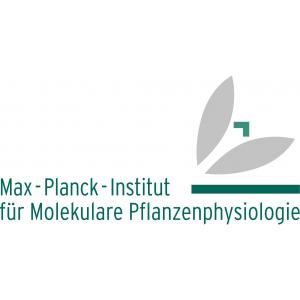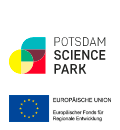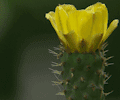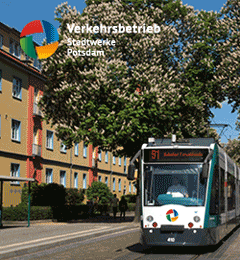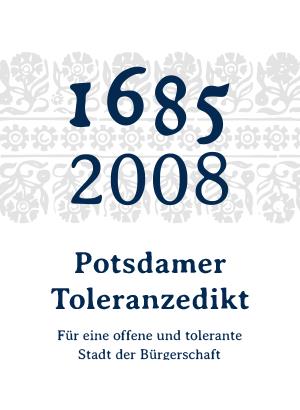Highly cited researchers at the Max Planck Institute of Molecular Plant Physiology named in global Highly Cited Researchers 2018 List
A total of 13 researchers, including four current and nine former and associated researchers, of the Max Planck Institute of Molecular Plant Physiology have named in the annual Highly Cited Researchers 2018 List. Now in its fifth year, this citation analysis identifies influential researchers by asking how well a scientist is recognised by other scientists. It does this by identifying scientists whose publications have been the most highly cited by their colleagues worldwide in the last ten years.
The Max Planck Institute for Molecular Plant Physiology is one of the world's leading facilities for plant research. It conducts basic research with a focus on the study of metabolic processes, their interplay, and their interaction with the environment. The goal of the research is to understand plant growth and predict plant behavior. Two directors Ralph Bock and Mark Stitt, the group leader Alisdair Fernie and project leader John Lunn from the Max Planck Institute of Molecular Plant Physiology were identified as highly cited plant researchers.
In total, the list of highly cited scientists contains over 4,000 scientists who work in 21 different research fields. Germany is the fourth-placed country in the world, with 356 of the listed scientists working in Germany. The Max Planck Society is the fifth most highly cited scientific institution in the world, with 76 highly cited scientists from all fields of research. In the field of plant and animal sciences, 223 highly cited scientists were identified, including 24 German scientists, of whom half work at a Max Planck Institute.
In addition to the four highly-cited plant researchers who are currently working at the Max Planck Institute of Molecular Plant Physiology in Golm, the list includes another nine scientists who published highly cited work during their time in Golm. These include eight former project and group leaders, who meanwhile received professorships in Germany or abroad, as well as one associated research group.
"We are proud and delighted to see that our science is so visible and makes an important contribution," explain Ralph Bock and Mark Stitt. "We also congratulate our colleagues from the Max Planck Institutes in Jena, Cologne and Tübingen who also do excellent work in the field of plant research."


